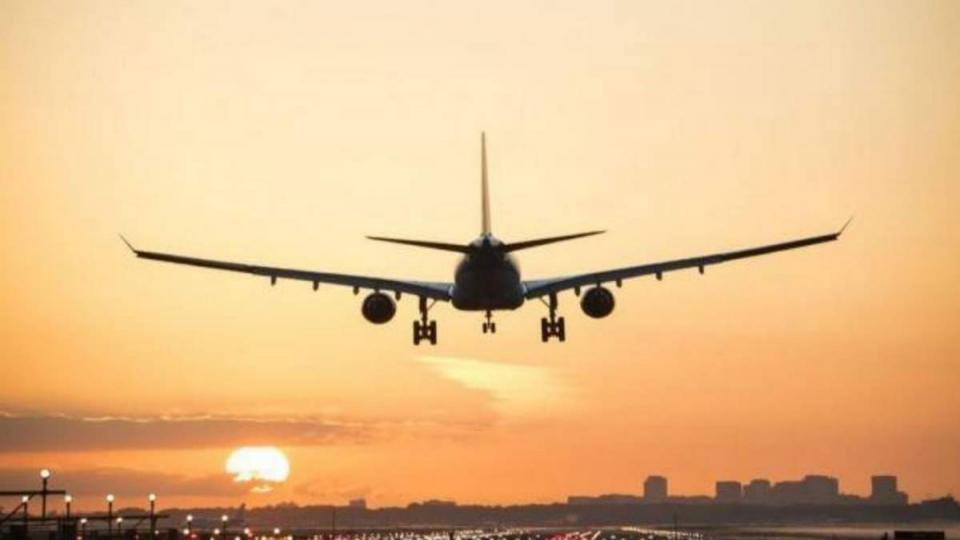Pakistan partially opens airspace for overflying flights

Pakistan has opened one route for west-bound flights from India after a month-long closure following the Indian Air Force’s strikes at Balakot.
“Pakistan opened a route for west-bound flights around 5 p.m. on April 4. The impact of this announcement is yet to be assessed,” said a senior official of the Ministry of Civil Aviation.
The authority is yet to take the decision of opening a passage for planes overflying Pakistan and entering India. The route that has been opened passes from near Mumbai and enters southern Pakistan. According to the official, this is only one of the eleven exit and entry points between India and Pakistan.
Since Pakistan banned the use of its airspace, several flights within Asia, between Asia and West Asia or Europe or the U.S. were forced to take a longer route prompting an increase in flight duration and sometimes a halt for refuelling. Hence, the operational costs increased as well, forcing many airlines to cancel flights or hike fares.
Air India’s flights to the U.S. and Europe used the route reopened by Pakistan on April 5. A senior airline official said, “Since the imposition of ban by Pakistan, the flying time for our flights from New Delhi had increased by 1.5 hours and from Mumbai by 30-40 minutes. The new route will save us 8-12 minutes depending on the winds.”
Even though it is not much of an advantage but it is indeed a beginning. “It is more beneficial to our flights from Mumbai to U.S. and Europe,” the official added.
The International Air Transport Association (IATA) in a statement urged Pakistan to open the airspace as soon as possible.
Albert Tjoeng, Assistant Director, Corporate Communications, Asia Pacific, said, “Normally at least 220 flights fly through Pakistan’s airspace every night between Asia and Europe. But the impact of the airspace closure is more than that due to the congestion on the alternative routes taken to fly around Pakistan airspace.”
